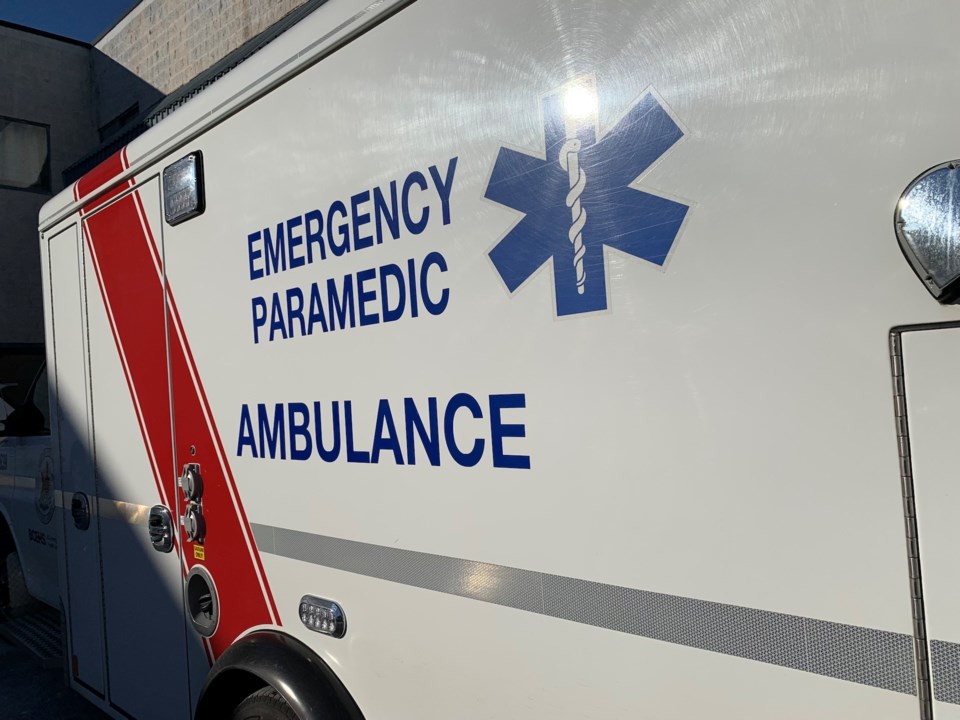As of April 1, the Madeira Park ambulance station is a full-time “alpha” station and will be staffed 24/7, rather than relying on a “scheduled on-call” staffing model.
The change comes as the province introduces new paramedic staffing models in 60 communities throughout the province. The changes were aimed at providing consistent out-of-hospital care and enhancing 911 responsiveness.
BC Emergency Health Services (BCEHS) Sunshine Coast clinical operations manager Sheree Haydu calls it “an amazing change.”
“I know that the paramedics are so excited that they're able to live and work and be paid in their community,” Haydu said.
Using the new staffing model, the station will have eight full-time positions, with paramedics in the station 24 hours a day.
Haydu said that Madeira Park is also hiring two “irregularly scheduled full-time employees, who will cover vacations, sick times or any other events when paramedics need a day off.”
This means paramedics will be in the station and on duty three times more than they were with the previous “scheduled on-call” staffing model.
Four years ago, paramedics would make $2 an hour for being on call – that number increased to $12 an hour last year, said Haydu.
“As of April 1, they are at the station ready to respond, getting their full salary for their full 12 hours,” said Haydu. “So absolutely, the paramedics are excited.”
Besides being able to respond quicker, being at the station for longer allows paramedics to stay up-to-date on the community and foster relationships, she said.
The changes took effect on April 1, however, recruitment for new positions is still under way. Many new shifts are currently being filled by existing staff working backfill to fill the new roles throughout said a news release.
Nine out of the 10 full-time positions at Madeira Park are filled, four of the paramedics are locals.
The last role to fill is the unit chief, which Haydu anticipates will be filled soon.
BCEHS and Ambulance Paramedics of BC (APBC) consulted affected communities, including First Nations leaders and health authorities, to determine the best model for each.
In a news release, Nicholas Simons, MLA for Powell River–Sunshine Coast, said, “This expansion of ambulance services strengthens crucial supports in our region and will benefit people in need of emergency care, when every minute counts.”
Jason Jackson, APBC president said, “Patient care is the most important thing to us, and this new approach helps us better recruit and retain paramedics to work in these smaller communities, improve how we respond to 911 calls, and most importantly, help paramedics provide better care to our patients,” in the release.
Jordan Copp is the Coast Reporter’s civic and Indigenous affairs reporter. This reporting beat is made possible by the Local Journalism Initiative.



